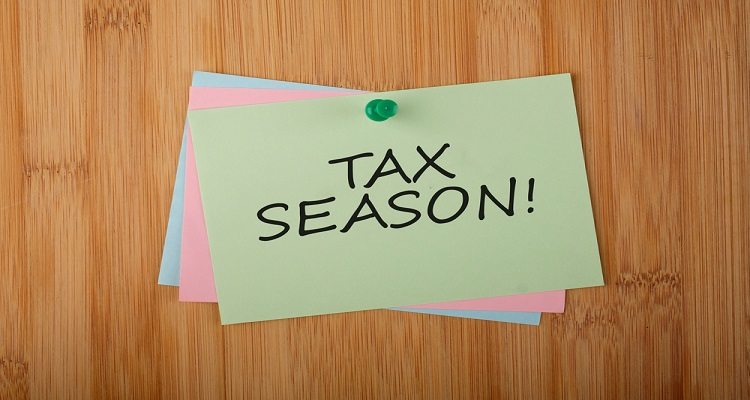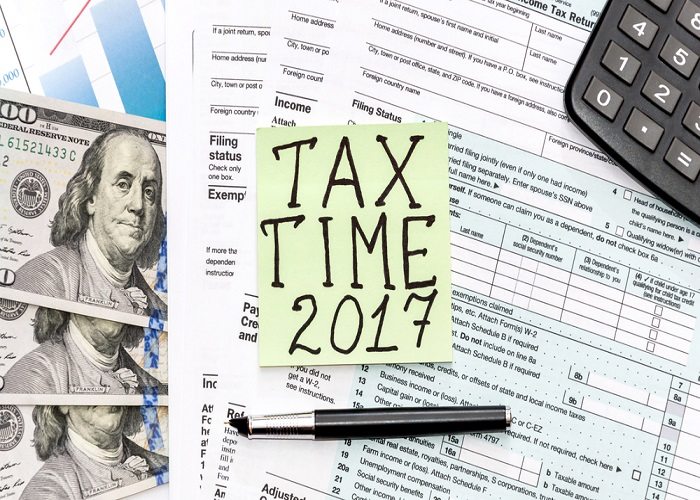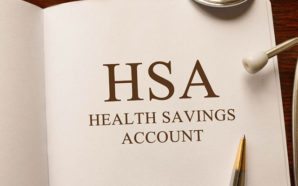Tax Season Is Here! Here Are 5 Things to Keep in Mind

After the wines and cheers to welcome the new year, it’s time to get your pens (or PC), receipts, and accounting books ready. It’s the tax season once again! Whether you’re a brand-new employee or a seasoned entrepreneur, there are a few facts to keep in mind this year.
1. Tax Filing
If you’re an employee, your company is responsible for withholding tax or contributing to the IRA. But in the end, it’s still going to be you who should file the return to the IRS.
On January 29, the IRS has officially announced the beginning of the tax season. All taxpayers have until April 17, Tuesday, to file their returns and pay their taxes due. If you’ve been paying taxes before, you may find the date unusual. The last day for filing is April 15, but for this year, it falls on a Sunday. The following day is also a legal holiday in Washington DC. According to law, a holiday in the capital works similarly like a federal holiday.
You can file your taxes late, but unless you have a valid reason for the delay, you will pay the penalty. If you have a tax refund, you can skip the payment of the penalty.
One of the ways to make sure you’re not late is to see to it you already have the needed forms with you. Late January, you should already have your W-2 if you’re an employee. If you’re an independent contractor, you can ask your company if they have filed 1099-MISC.
2. Tax Season Refunds
When you file taxes, there are three possible scenarios: you have a refund, due, or none of them. If you have a refund, then you’re lucky since you can have some money. Last year, the IRS issued more than 110 million refunds. For this year, they expect that at least 70 percent of the 155 million taxpayers can expect a refund.
The refunds, though, may come in late. It may take until the late February before taxpayers will receive the check. The biggest reason is to give the IRS enough time to verify the authenticity of the refund. Tax fraud through refunds is the biggest scam so far in the department.

3. New Tax Laws
In 2017, the government passed the landmark Tax Cuts and Jobs Act. It will change the tax landscape tremendously, but here’s some important point: most of the changes won’t affect your 2017 tax returns. Rather, it will take effect by 2019, which is then your 2018 returns.
But there’s one key provision that may affect you. It has something to do with medical deductions. The IRS actually allows certain medical expenses as deductibles to your adjusted gross income (AGI). In the process, they help lower your taxes.
One can only do that, though, if the expenses are qualified and that they exceed a certain percentage of the AGI. Under the previous law, this rate is 10 percent. For this tax season and the next, it will be 7.5 percent.
4. Health Tax Forms
Healthcare makes up one of the biggest percentages of expenses in any American household. Fortunately, there are ways to save some cash and pay lower taxes with them. From February to March, you can contribute to your health savings account (HSA). This amount can be either pre-tax or tax deductible.
But with investments to health is the responsibility to declare your contributions. Whether you have health insurance or HSA, you need to have the tax form. If you have coverage, you need Form 1095. If you own an HSA, you must receive 1099-SA by the middle of February.
5. Legwork
Filing the tax returns can be both time-consuming and tedious. Moreover, mistakes in the information can put you in a tight spot with the IRS. It may be to your benefit to work with a professional to help you file.
But the responsibility is yours, and these include receiving the right forms at the right time. Throughout the months of January and February, you should be receiving most of them in your mailbox. If you haven’t, then you need to reach out to the provider. For example, childcare expenses statement should come from the provider.
The tax season is going to be stressful, but don’t let it wear you down. Keep these points in mind, and you’re less likely to panic.











